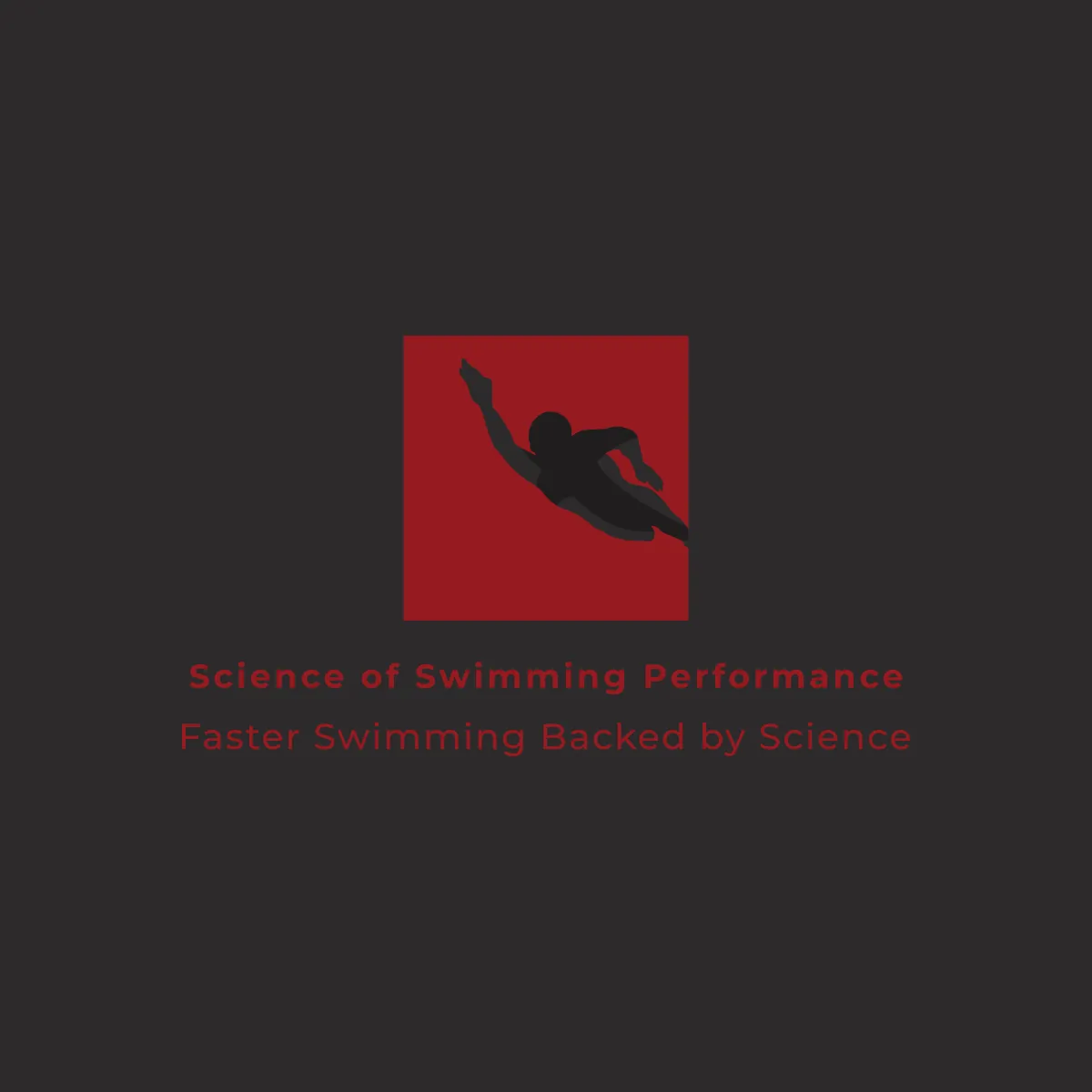
The Only 5 Supplements Swimmers Need
In the world of competitive swimming, athletes are always seeking ways to enhance their performance and recovery. While a balanced diet is foundational, certain supplements can provide additional support. However, it’s essential to choose supplements based on scientific evidence to ensure they are effective and safe. This article highlights the five key supplements that swimmers need and debunks some popular yet ineffective ones.
Protein Supplements
Types: Whey, casein, soy, and plant-based proteins.
Protein is vital for muscle repair and growth, especially post-exercise. Research indicates that protein supplementation can help reduce muscle soreness and inflammation, enhancing recovery times for swimmers (Falk & Klentrou, 2020). The International Society of Sports Nutrition recommends 1.4 to 1.7 grams of protein per kilogram of body weight daily for athletes, adjusting based on training intensity (JISSN, 2007). This intake can be challenging to achieve through diet alone, making protein supplements a practical option.
Usage: Swimmers should aim for 1.4 to 1.7 grams of protein per kilogram of body weight daily, with higher amounts during peak training periods (U.S. Masters Swimming, n.d.).
Benefits: Supports muscle repair and growth, reduces muscle soreness and inflammation (Falk & Klentrou, 2020).
Creatine
Types: Creatine monohydrate.
Creatine is well-known for enhancing muscle strength, power, and performance in high-intensity activities, which are crucial for swimmers (JISSN, 2007). Despite various forms available in the market, creatine monohydrate remains the most effective and economical choice. Other forms of creatine have not shown superior benefits and are often more expensive, making them a waste of money (OpenWaterHQ, n.d.).
Usage: 5 grams per day, every day. There is no need to cycle on and off creatine.
Benefits: Enhances muscle strength, power, and performance during short, high-intensity activities (JISSN, 2007; OpenWaterHQ, n.d.).
Caffeine
Types: Caffeine tablets, caffeine-containing pre-workouts.
Caffeine is a proven ergogenic aid that can improve endurance performance, reduce perceived exertion, and enhance cognitive function, which is particularly beneficial for race starts and turns (Spriet, 2014). Consuming caffeine 30-60 minutes before a workout or competition can yield significant performance benefits.
Usage: 3-6 mg/kg body weight, consumed 30-60 minutes before workouts or competitions (Spriet, 2014).
Benefits: Improves endurance performance, reduces perceived exertion, enhances cognitive function (Spriet, 2014).
Multivitamins
Types: Various formulations covering a broad spectrum of vitamins and minerals.
Ensuring adequate intake of essential vitamins and minerals is crucial, especially during heavy training periods. Multivitamins can help prevent deficiencies that impair performance and recovery (Hoffman & Falvo, 2004). Athletes need to maintain optimal health to sustain intense training regimens and competitive performance.
Usage: Daily intake according to recommended dietary allowances, adjusted for individual needs and training demands.
Benefits: Prevents micronutrient deficiencies, supports overall health and performance (Hoffman & Falvo, 2004).
Carbohydrates
Types: Sports drinks, energy gels, carbohydrate powders.
Carbohydrates are the primary energy source for endurance sports like swimming. They improve endurance performance and delay fatigue by maintaining blood glucose levels and replenishing muscle glycogen stores post-exercise (Burke, 2015). Consuming carbohydrates before, during, and after workouts ensures sustained energy levels and optimal recovery.
Usage: Consumed before, during, and after workouts to maintain energy levels and replenish glycogen stores (Burke, 2015).
Benefits: Improves endurance, delays fatigue, aids in post-exercise recovery (Burke, 2015).
Ineffective Supplements
Branched-Chain Amino Acids (BCAAs):
Reason: BCAAs do not significantly enhance performance compared to complete protein sources, which provide all essential amino acids necessary for muscle recovery and growth (JISSN, 2007).
Nitric Oxide Precursors (L-citrulline and L-arginine):
Reason: These supplements are marketed for improved blood flow and performance, but evidence supporting their efficacy in swimmers is weak and inconsistent (JISSN, 2007; OpenWaterHQ, n.d.).
Antioxidant Supplements:
Reason: Excessive supplementation can interfere with training adaptations. The body’s natural antioxidant defenses, supported by a balanced diet, are usually sufficient (JISSN, 2007).
Collagen Supplements:
Reason: Limited evidence supports performance enhancement from collagen supplements. A diet rich in protein is generally sufficient for collagen synthesis (JISSN, 2007).
Omega-3 Fatty Acids:
Reason: While they have anti-inflammatory properties, the direct impact on swimming performance is minimal. Adequate intake can be achieved through dietary sources like fish (OpenWaterHQ, n.d.).
Importance of Third-Party Testing
For drug-tested athletes, ensuring supplements are free from banned substances is crucial. Third-party testing organizations like NSF International and Informed-Sport certify that products meet rigorous standards for safety and purity, reducing the risk of contamination and inadvertent doping violations (Maughan et al., 2018).
Conclusion
Supplements can play a significant role in enhancing swimming performance and recovery when chosen based on scientific evidence. Protein, creatine, caffeine, multivitamins, and carbohydrates are the five essential supplements swimmers need. It’s equally important to avoid ineffective supplements and ensure all products are third-party tested to guarantee safety and compliance with anti-doping regulations. By focusing on these evidence-based supplements, swimmers can optimize their performance and overall health.
References
Burke, L. M. (2015). Re-examining high-fat diets for sports performance: Did we call the ‘nail in the coffin’ too soon? Sports Medicine, 45(S1), 33-49.
Falk, B., & Klentrou, P. (2020). Effects of post-exercise whey protein consumption on recovery indices in adolescent swimmers. International Journal of Environmental Research and Public Health, 17(21), 7761.
Hoffman, J. R., & Falvo, M. J. (2004). Protein – Which is best? Journal of Sports Science and Medicine, 3, 118-130.
International Society of Sports Nutrition (ISSN). (2007). Position stand: protein and exercise. Journal of the International Society of Sports Nutrition, 4, 8.
Maughan, R. J., Depiesse, F., & Geyer, H. (2018). The use of dietary supplements by athletes. Journal of Sports Sciences, 35(12), 1235-1239.
OpenWaterHQ. (n.d.). Best performance boosting supplements for swimmers. Retrieved from OpenWaterHQ
Spriet, L. L. (2014). Exercise and sport performance with low doses of caffeine. Sports Medicine, 44(2), 175-184.
U.S. Masters Swimming. (n.d.). Protein for swimmers. Retrieved from U.S. Masters Swimming
Sign Up For the Underwater Secrets Newsletter
Copyright Science of Swimming Performance 2021 -- All Rights Reserved
